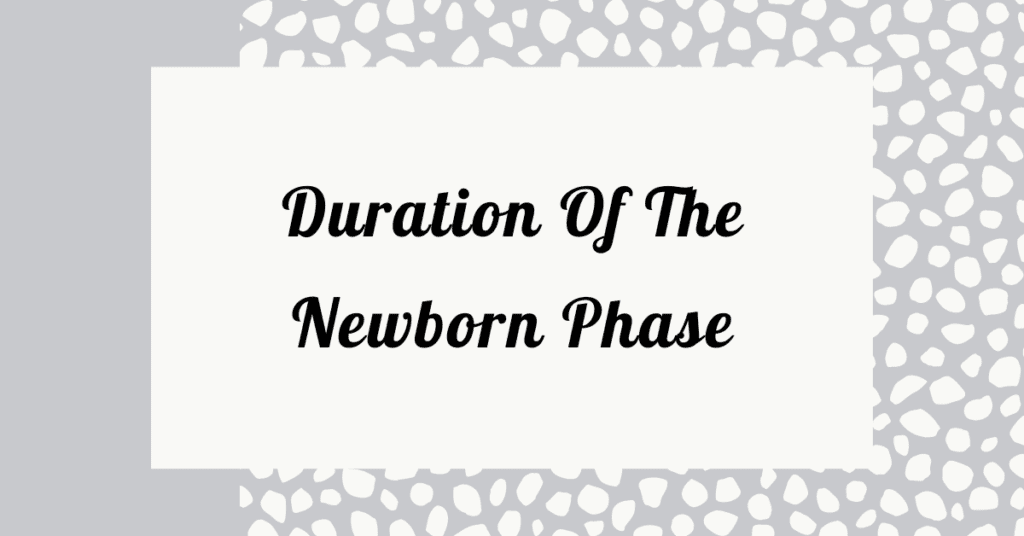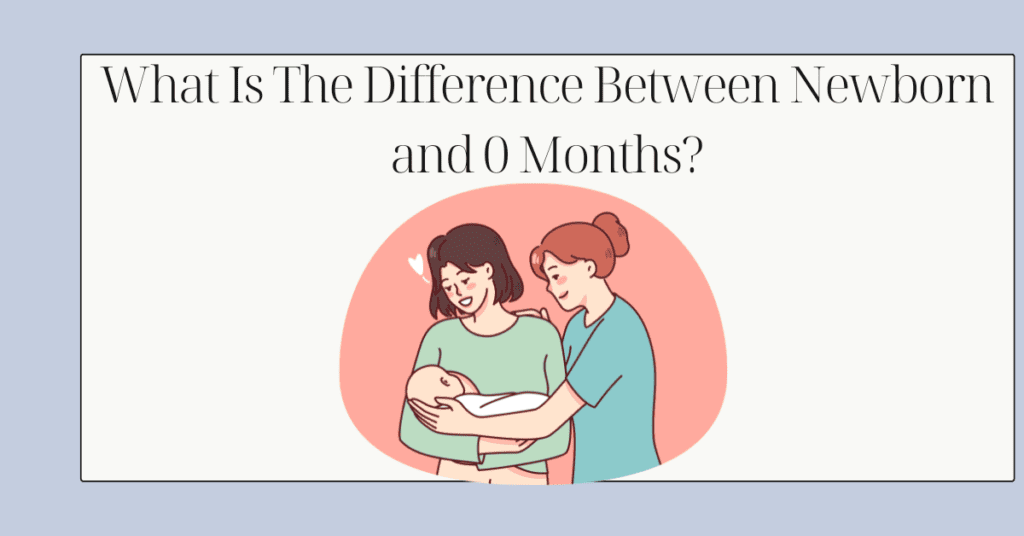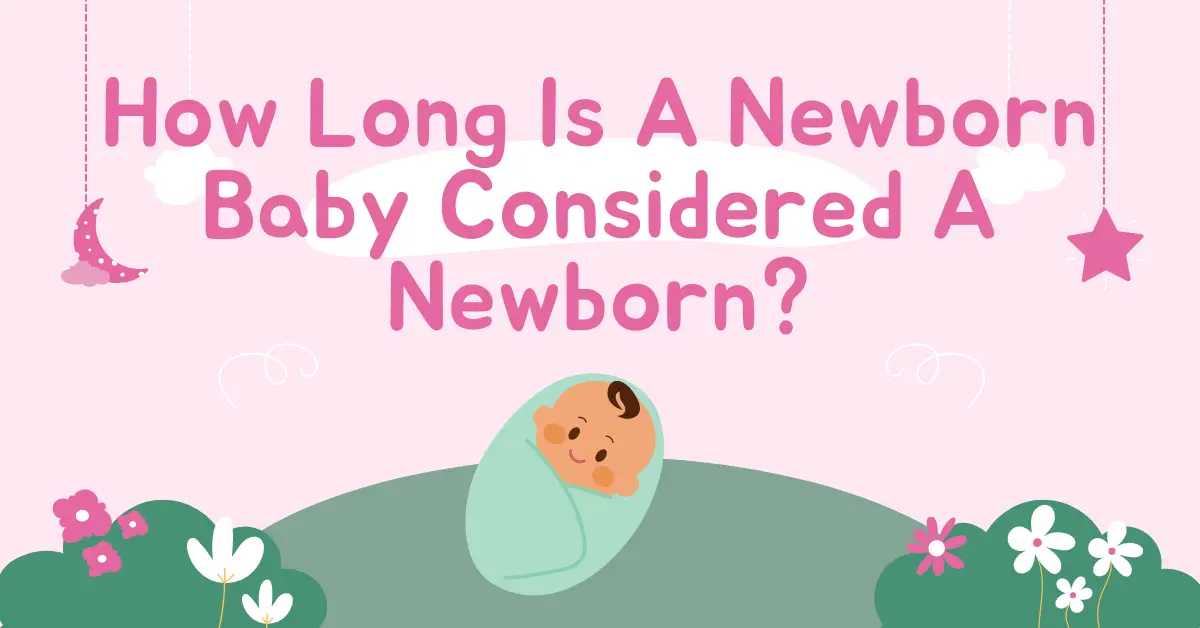How long is a newborn baby considered a newborn?
A baby is generally considered a newborn from birth until about two months of age.
However, this period can be a complex concept to grasp as it encompasses various developmental stages and milestones.
Definition of a Newborn
In medical terms, a newborn is a baby from birth to approximately 28 days of age.
This period is also referred to as the neonatal period. However, in a broader sense, the term “newborn” is often used to describe babies up to two months of age. This discrepancy arises due to variations in developmental milestones and growth rates among babies.

Duration of the Newborn Phase
At What Age Is a Newborn No Longer a Newborn?
A baby is generally considered a newborn from birth until about two months of age.
This period, however, can vary slightly depending on the baby’s individual development and growth rate. It’s important to remember that every baby is unique and may not adhere strictly to these general timelines.
How Many Weeks Is The Newborn Stage?
The newborn stage lasts 4 weeks according to the medical definition of a newborn – or neonate – and about 2 months by the more traditional definition of newborns.
Factors That May Affect This Duration
Several factors can influence the duration of the newborn phase. These include the baby’s health at birth, their rate of development, and even genetic factors. For instance, premature babies might exhibit newborn characteristics for a longer period compared to full-term babies.
The transition from Newborn to Infant Stage
The transition from the newborn stage to the infant stage is marked by significant developmental milestones. These include increased alertness, more extended periods of wakefulness, and the beginning of social smiles. This transition is gradual and varies from baby to baby.

What Is The Difference Between Newborn and 0 Months?
The difference between a newborn and a 0-month-old baby is that the term “newborn” generally refers to a baby from birth up to two months of age, while “0 months” typically refers to babies who are less than one month old.
Explanation of the 0-Month Term
The term “0 months” is often used in the context of clothing sizes and developmental milestones. It typically refers to babies who are less than one month old. However, it’s worth noting that this term can vary in meaning depending on the context and source.
Comparison of Newborn and 0-Month-Old Babies
While both newborns and 0-month-old babies are in the earliest stage of life, there are subtle differences between them. Newborns are adjusting to life outside the womb and may exhibit certain reflexes and behaviours that fade by the end of the first month. On the other hand, a 0-month-old baby, being slightly older, may start showing signs of increased alertness and responsiveness.
Importance of These Distinctions for Parents and Caregivers
Understanding these distinctions can help parents and caregivers provide age-appropriate care and set realistic expectations for development. It can also assist in making practical decisions, such as purchasing correctly sized clothing and understanding developmental milestones.
Developmental Milestones in the Newborn Stage
Physical Growth and Changes
During the newborn stage, babies experience rapid physical growth. They gradually lose their fetal position, their skin may change, and they start gaining weight. Newborns also begin to develop better control over their movements, although most are still reflexive at this stage.
Cognitive Development
Cognitive development in newborns is primarily about sensory exploration. They start responding to touch, sound, and light and begin to recognize the smell and voice of their primary caregivers. By the end of the newborn stage, babies may start showing early signs of recognizing faces.
Emotional and Social Development
Emotionally, newborns start to communicate their needs through crying and fussing. Socially, they begin to form a bond with their parents, often calming down at their touch or voice. By the end of the newborn stage, some babies may start responding with smiles, marking the beginning of social interaction.
Wrapping Up How Long A Newborn Is Considered A Newborn
The newborn phase, which typically lasts until about two months of age.
We also learned there isn’t a significant difference between 0-month-old and a newborn but the distinction usually comes in how specific 0-month-old is.
0-month babies are less than a month old and can also be used to describe the sizing on some baby clothes. Whereas newborn refers to babies that are up to about 2 months in age.
Also, don’t forget to document this stage, it’s gone quick than you think! A baby photoshoot in your home can be a great way to keep the memory forever.

